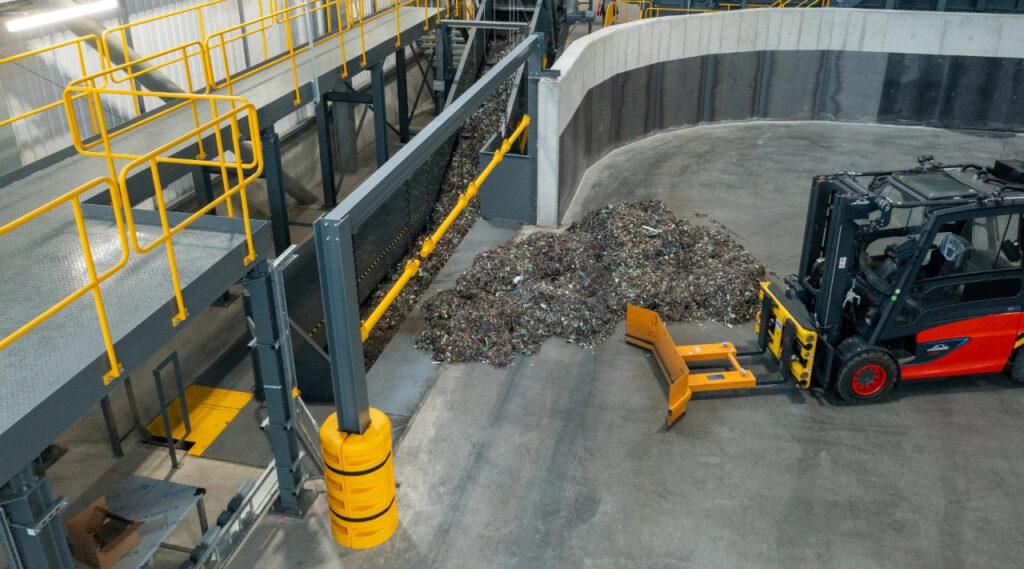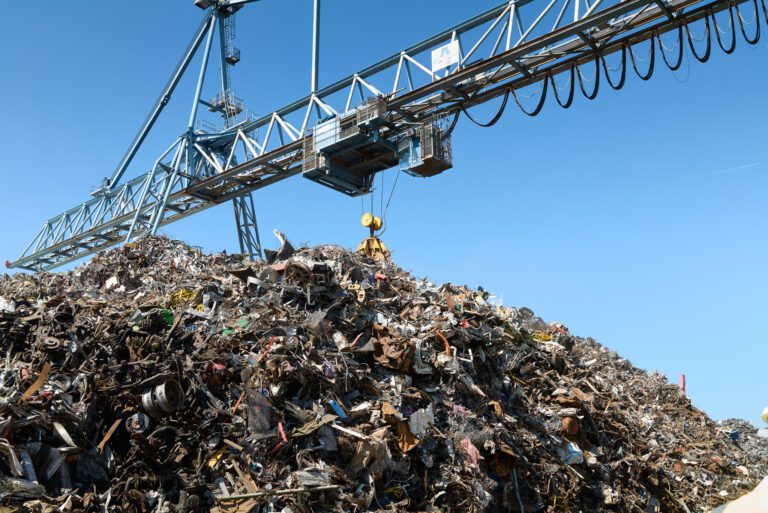The supermarket announced yesterday that from November it hopes to divert 2,500 tonnes of batteries from landfill a year through a new freepost household battery recycling scheme.
 Sainsbury's claims to hold a 20% share of the household battery market, and is likely to have obligations under the Battery Directive |
The service has been introduced following the publication of the Battery Directive last month and marks the latest environmental move by Sainsbury's in the continuing supermarket “green wars”. The company announced a move towards using recycled carrier bags last month (see letsrecycle.com story).
Sainsbury's is hoping to make a “significant difference” to the UK's estimated 4% household battery recycling rate by providing its freepost envelopes in stores nationwide.
The supermarket said of the 25,000 tonnes of batteries used in the UK each year, only 1,000 tonnes are recycled at the moment.
Under the Battery Directive, Britain will be required to recycle a quarter of all portable batteries used each year by 2012 (see letsrecycle.com story). As a distributor of batteries, Sainsbury's could find itself with producer responsibility obligations under the Directive.
Envelopes will be addressed to a Norfolk company called Cellular Surplus, which will remove the batteries for transportation in bulk to the only recycler of alkaline cells in the UK – West Midlands firm G&P; Batteries. A recycling service will also be provided for mobile phones and ink cartridge recycling.
Sainsbury's recycling manager, James McKechnie, said: “Our customers are recycling more and more and we want to make it easier for them. Most people now use either a mobile phone, inkjet printer, or in the very least, batteries, so we know this will be something people will be able to use.”
G&P;
At G&P;'s head office at Darlaston, Sainsbury's customers' batteries will be hand sorted according to their chemical make-up. All alkaline manganese and zinc carbon batteries, which make up around 80% of household cells, will then be sent to G&P;'s processing plant in Derbyshire, which is capable of processing 1,500 tonnes of batteries a year, while other cells will be sent to different re-processors.
The G&P; plant moved from a site in West Bromwich last week to a site owned by G&P;'s parent company, lead smelter HJ Enthoven.
Managing director Michael Green said: “The plant will be up and running again in no time. We currently have far more capacity than we have batteries, and should be able to deal with all the Sainsbury's batteries. If we get even more than will be fantastic- increasing the capacity of our plant is not a problem.”
Freepost
A spokeswoman for Sainsbury's, which claims to sell 20% of the household batteries sold in the UK, said that the company had chosen freepost recycling over recycling bins, which other retailers such as Dixons provide.
She explained: “The reason for doing it this way is that the batteries will be collected by the Post Office and we will not have to arrange separate collections, which cuts down on unnecessary vehicle journeys.”
| Related links: |
WRAP
The collection system was supported by Chris Davey, manager of local authority relations at WRAP.
Mr Davey said: “As the manager responsible for WRAP's battery programme, I am pleased that Sainsbury's are introducing a new collection scheme for batteries. If the UK is to meet the new challenging recycling targets for batteries, then we need a wide range of different collection schemes.”








Subscribe for free